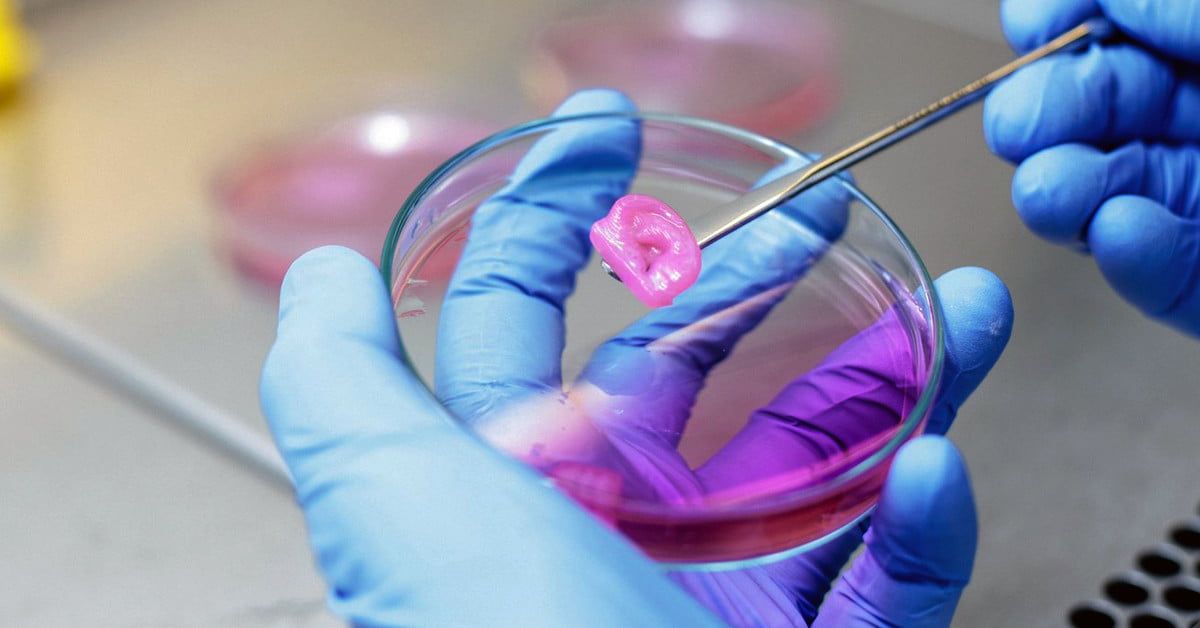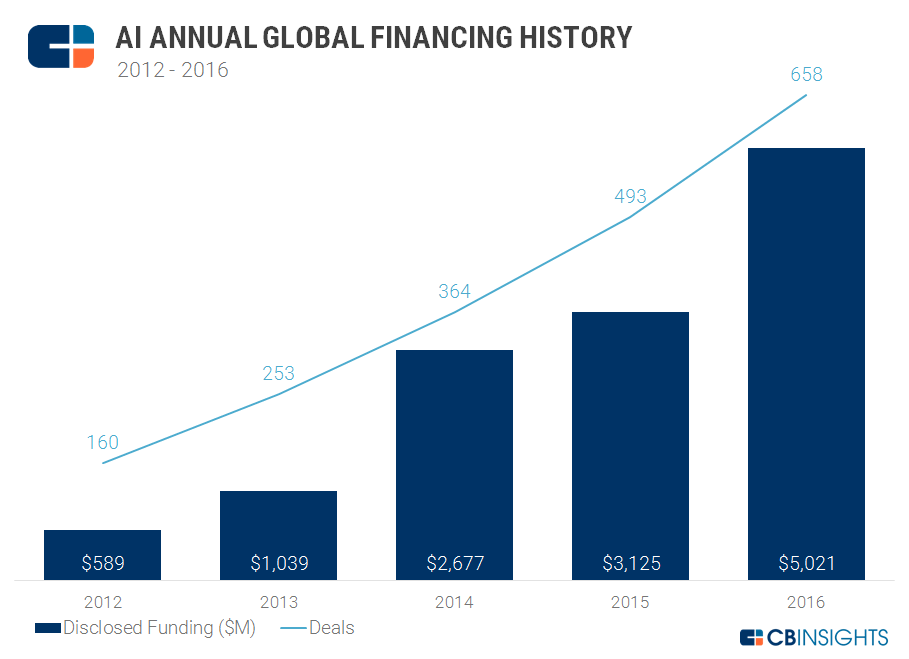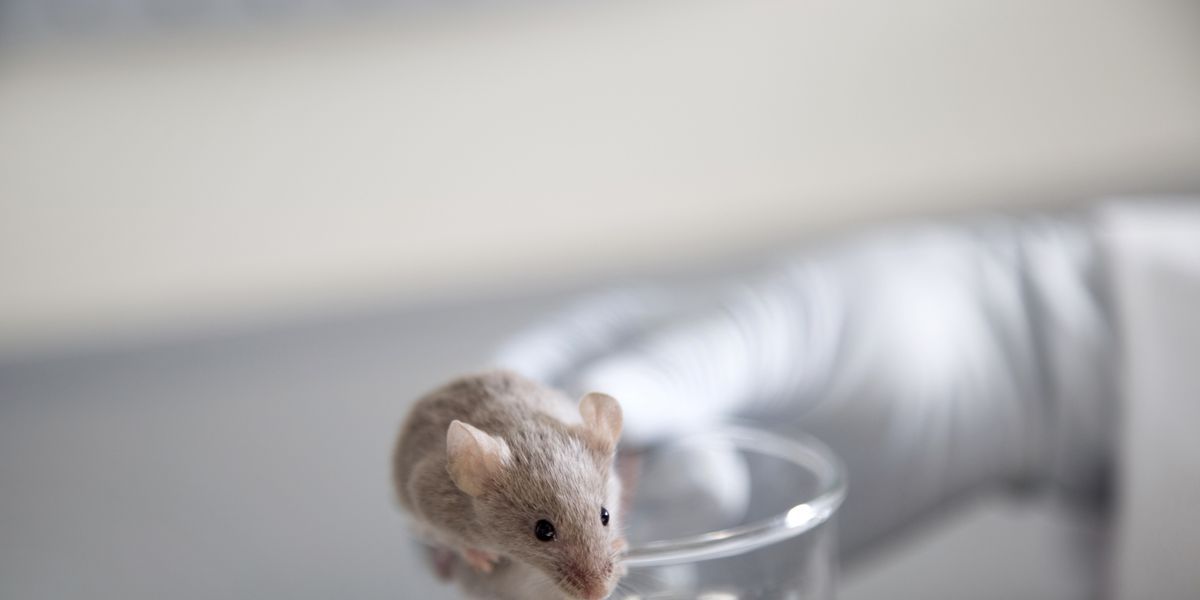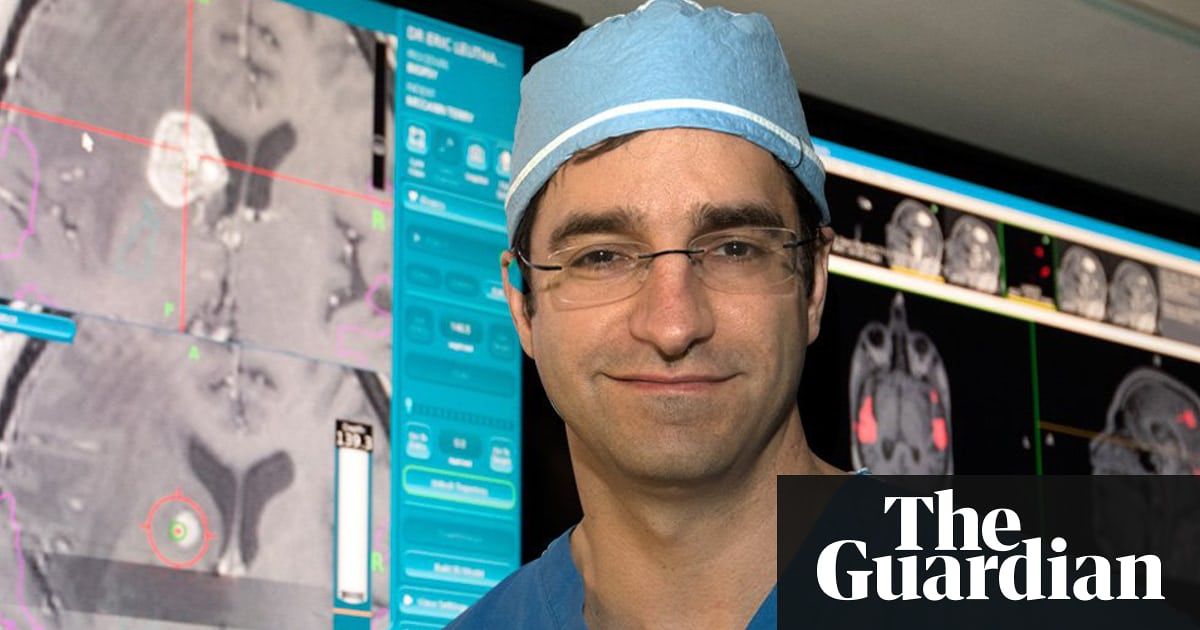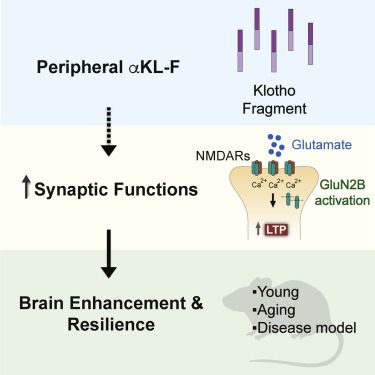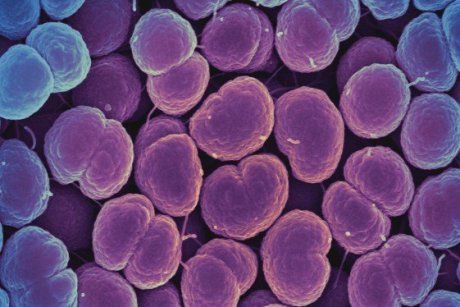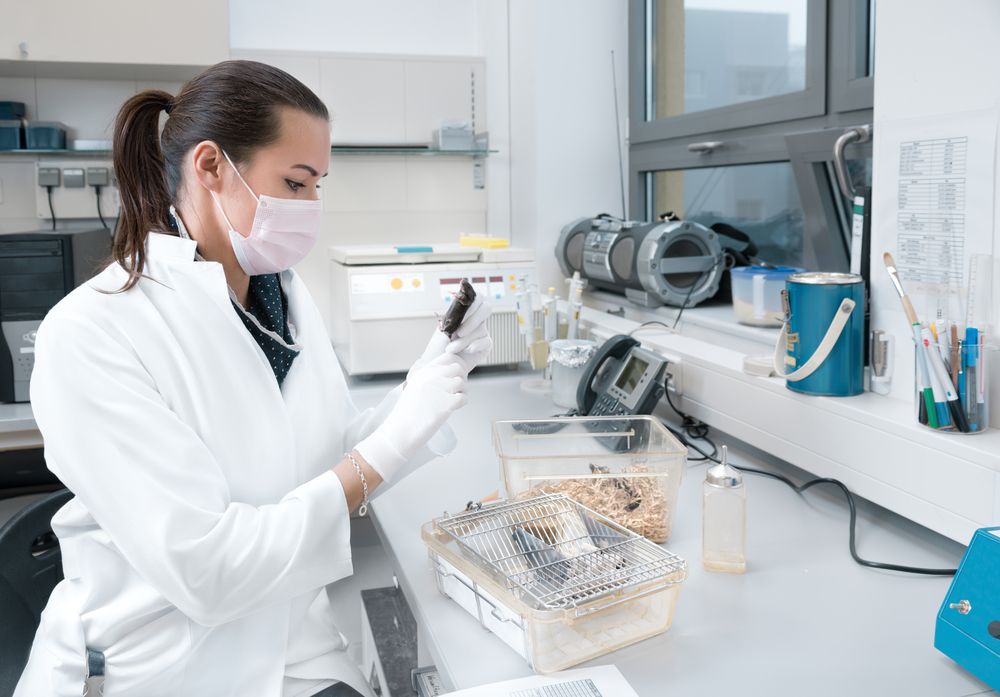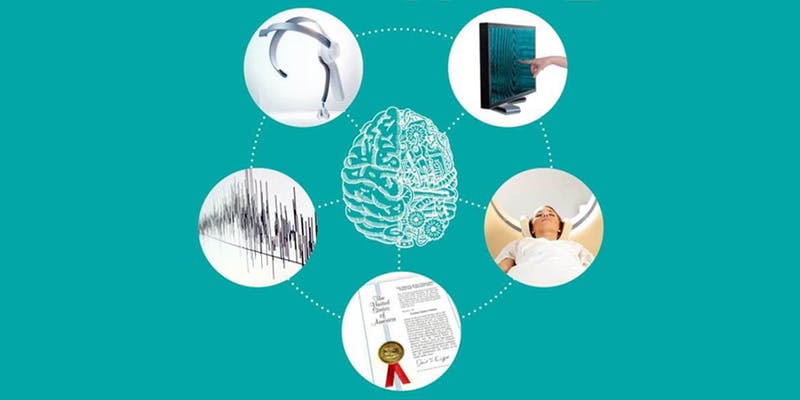Archive for the ‘biotech/medical’ category: Page 2251
Apr 22, 2018
Why robots could replace teachers as soon as 2027
Posted by Dan Kummer in categories: biotech/medical, education, employment, finance, robotics/AI
Will they teach humanities?
Some experts have suggested that autonomous systems will replace us in jobs for which humans are unsuited anyway — those that are dull, dirty, and dangerous. That’s already happening. Robots clean nuclear disaster sites and work construction jobs. Desk jobs aren’t immune to the robot takeover, however — machines are replacing finance experts, outperforming doctors, and competing with advertising masterminds.
The unique demands placed on primary and secondary school teachers make this position different from many other jobs at risk of automation. Students all learn differently, and a good teacher must attempt to deliver lessons in a way that resonates with every child in the classroom. Some students may have behavioral or psychological problems that inhibit or complicate that process. Others may have parents who are too involved, or not involved enough, in their education. Effective teachers must be able to navigate these many hurdles while satisfying often-changing curriculum requirements.
Continue reading “Why robots could replace teachers as soon as 2027” »
Apr 22, 2018
Scientists Implanted Tiny Human Brains Into Mice
Posted by Sean Cusack in categories: biotech/medical, neuroscience
The mice helped the tiny organoids get nutrients, oxygen, and even start developing human neurons.
Getty Images
Scientists at the Salk Institute implanted lentil-sized human brain organoids into the heads of mice, then closed it with a transparent window. The mice looked and behaved like ordinary mice, while supplying blood and nutrients to keep human brains developing for months.
Continue reading “Scientists Implanted Tiny Human Brains Into Mice” »
Apr 22, 2018
Natural Causes
Posted by Derick Lee in categories: biotech/medical, genetics, life extension
“Old age isn’t a battle,” she says, quoting Philip Roth, “old age is a massacre.” In the past few years, she has given up on screenings and scans. Not that she is lazy or suicidal. But at 76, she considers herself old enough to die. All the self-help books aimed at her age group tell her otherwise; they talk of “active ageing”, “productive ageing”, “anti-ageing”, even “reverse-ageing”, with a long life promised to anyone who makes an effort, regardless of factors such as genetics or poverty. But to her, ageing is “an accumulation of disabilities”, which no amount of physical activity or rigorous self-denial can prevent. If she has symptoms, she’ll have them investigated. But when a doctor tells her there could be an undetected problem of some kind, she won’t play along.
A great iconoclast has written a polemic about ageing that sends up New Age platitudes and is full of scepticism of the wellness industry.
Blake Morrison
Apr 21, 2018
Amazon’s Running a Big Sale On 23andMe’s New and Improved DNA Testing Kits
Posted by Genevieve Klien in categories: biotech/medical, genetics, privacy
If you aren’t freaked out by privacy concerns of DNA testing kits (basically, they may sell anonymized genetic data, but not personally identifiable data), the tests are getting better, and 23andMe’s are on sale today.
Apr 21, 2018
Neurosurgeon Eric Leuthardt: ‘An interface between mind and machine will happen’
Posted by Genevieve Klien in categories: biotech/medical, employment, robotics/AI
I guess any procedure involving the brain feels like a different category of risk to most people. You must face that anxiety every day. I think there are two types of surgical practice that really strike at the core of people’s anxiety. One is brain surgery, where you are operating on something that people see as themselves, their sense of identity, their mind. The other one is, I think, paediatric surgery, where the operation is on the thing most precious to you – your children. I think both create a dynamic where you need to work harder to create trust with your patients.
When it comes to innovation that might link a person’s mind directly with a machine, it seems as much an ethical as a medical question. Is that how you see it? Ethicists are critical in what we do. A working interface would be a real turning point in human evolution. I don’t say that with bombast or hyperbole. And just like with artificial intelligence, we need to take the greatest care in how we think about it. Whether it happens in five years or 50 years, it will happen. I wrote these two science-fiction novels to try to walk people through some of the things that could happen; for example, if others got unauthorised access to these implants, or when corporations got involved. We need to be thinking about these things now, rather than after the fact.
Was one of the motivations in writing your books to work out these things for yourself? Did you feel the same at the beginning of the process as at the end? I had certain ideas in mind when I started the books, but there was an evolution. I came to think less about that individual interface and more about the effect this technology might have on society. We need to think hard about how advances [might] not increase social division.
Apr 21, 2018
Peripheral Elevation of a Klotho Fragment Enhances Brain Function and Resilience in Young, Aging, and α-Synuclein Transgenic Mice
Posted by Manuel Canovas Lechuga in categories: biotech/medical, genetics, life extension, neuroscience
Peripheral Elevation of a #Klotho Fragment Enhances Brain Function and Resilience in Young, Aging, and α-Synuclein Transgenic Mice.
Klotho is a longevity factor associated with cognitive enhancement when genetically and widely overexpressed over the lifetime of mice. Leon et al. show that peripheral delivery of a klotho fragment, αKL-F, acutely enhances cognition and neural resilience in young, aging, and disease model mice, establishing its therapeutic relevance and dissecting its underlying mechanisms.
Apr 20, 2018
UK man’s super-gonorrhoea cured — but now two Australians have it
Posted by Genevieve Klien in categories: biotech/medical, health, sex
A UK man who caught what was dubbed the world’s “worst-ever” case of super-gonorrhoea has been cured, Public Health England (PHE) said — but two similar cases have been reported in Australia.
The unidentified heterosexual man, who had a partner in the UK, picked up the infection having sex with another woman in South-East Asia, PHE said.
Health officials said it was the first time the infection could not be cured with the regular treatment — a combination of antibiotics azithromycin and ceftriaxone.
Continue reading “UK man’s super-gonorrhoea cured — but now two Australians have it” »
Apr 20, 2018
CD9 and CD81 Genes Might Play a Role in CODP and Inflammaging
Posted by Steve Hill in category: biotech/medical
Today we will be looking at new research that may provide a new treatment option for those suffering from chronic obstructive pulmonary disease.
What is Chronic obstructive pulmonary disease?
Chronic obstructive pulmonary disease, or COPD, is a progressive respiratory disease characterized by shortness of breath and cough with sputum production. It generally takes a long time to develop, so it is more common in people who are at least forty years old.
Apr 20, 2018
May 30th: The Future of Mental Health & Brain Enhancement @ Imperial College, London
Posted by Alvaro Fernandez in categories: biotech/medical, health, neuroscience
Fun event if you’re in London on May 30th smile
___ Heads-up: the Imperial College Centre for Neurotechnology will host a keynote by Alvaro Fernandez on Wednesday, May 30th, titled Why the Future of Brain Enhancement & Mental Health is Digital & Pervasive. Description: As seen in patent and investment trends, research findings and consumer/patient behaviors, Mental.
